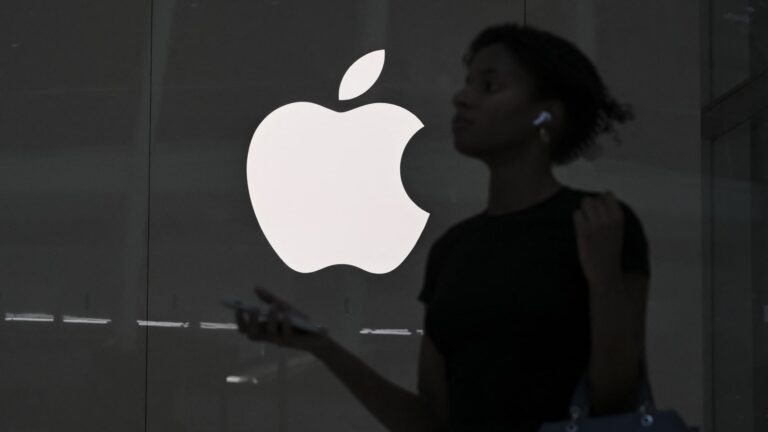U.K. Drops Apple ‘Back Door’ Mandate – Implications for Data Privacy
In a significant development for data privacy, U.S. Director of National Intelligence, Tulsi Gabbard, announced on Monday that the United Kingdom has agreed to cancel its requirement for Apple to implement a “back door” into its encryption systems. This decision could have far-reaching implications for the security of American citizens’ encrypted data.
The ‘Back Door’ Mandate Explained
The U.K. government’s mandate aimed to compel Apple to create a back door that would allow access to protected encrypted information. Gabbard emphasized that the decision to drop this mandate was a collaborative effort involving President Donald Trump, Vice President JD Vance, and U.K. officials over several months.
Concerns Over Data Security
U.S. lawmakers had previously raised alarms about the potential risks associated with such a backdoor policy. In May, they warned that this order could be exploited by cybercriminals and authoritarian regimes, jeopardizing the safety of user data not just in the U.K., but worldwide.
Apple’s Stance on Encryption
Apple has long maintained that it would never build a back door into its encrypted services or devices. The company challenged the U.K. mandate at the Investigatory Powers Tribunal, highlighting its commitment to user privacy.
Impact of Advanced Data Protection
In light of the U.K. order, Apple withdrew its Advanced Data Protection feature for users in the U.K. earlier this year. This feature had allowed iPhone, Mac, and other device users to ensure that only they could unlock their data held in Apple’s cloud, reinforcing personal privacy.
Legal Considerations and International Agreements
U.S. officials are currently assessing whether the U.K.’s requirement for a backdoor violates bilateral agreements, particularly the CLOUD Act, which restricts governments from issuing data demands for U.S. citizens and vice versa. Gabbard’s correspondence with U.S. lawmakers emphasized the legal implications of the situation.
Potential Risks of Government Backdoors
Cybersecurity experts have voiced concerns that if Apple were to create a governmental back door, it would inevitably be discovered and exploited by malicious hackers. The debate over encryption and data security has seen Apple at odds with regulators, dating back to 2016, when the U.S. government sought to compel the company to unlock the iPhone of a suspected extremist.
The Future of Data Privacy
As discussions continue regarding data privacy and encryption, this latest decision from the U.K. highlights the ongoing tension between national security requirements and individual privacy rights. The outcome of these debates will undoubtedly shape the future landscape of digital security and personal data protection.
